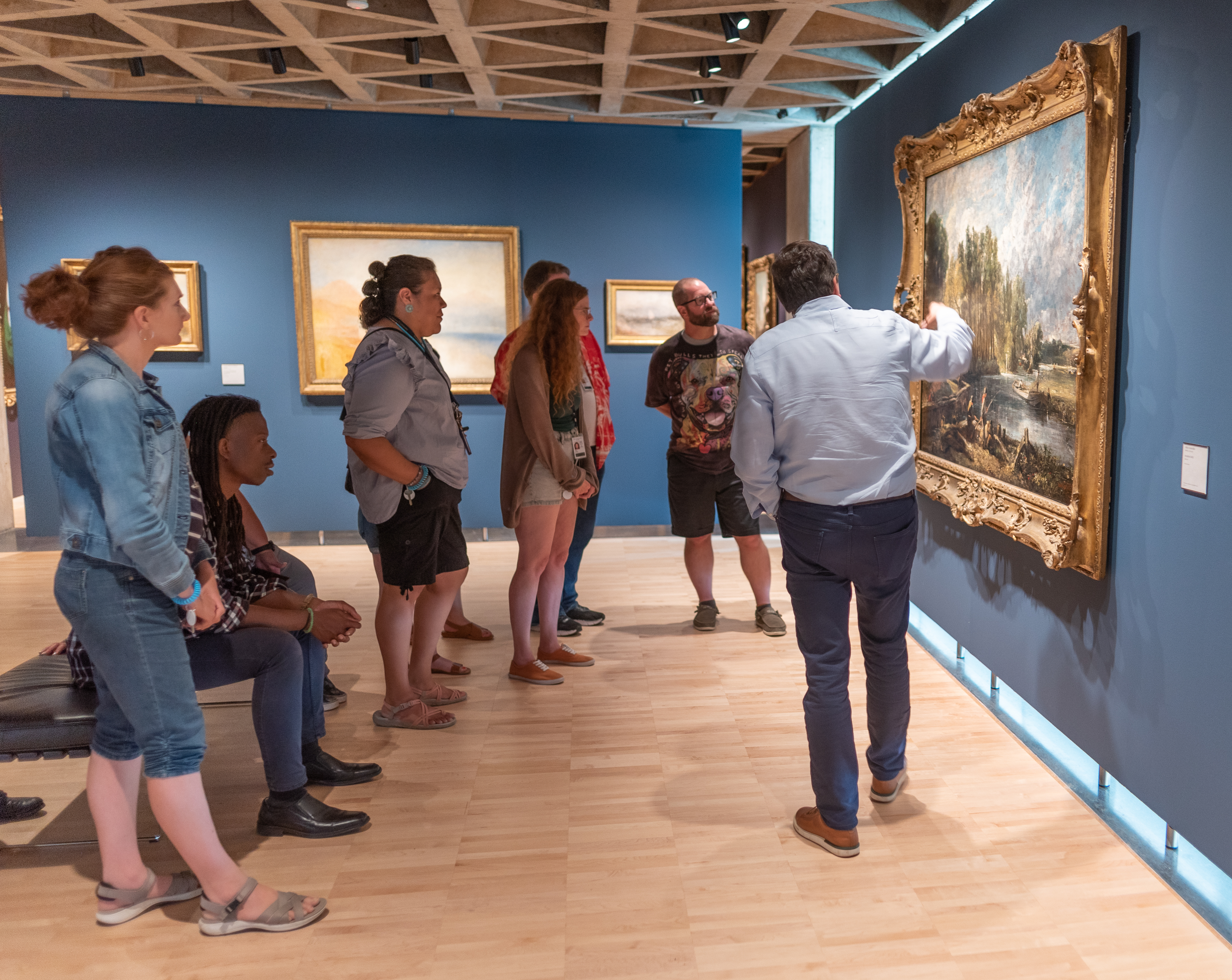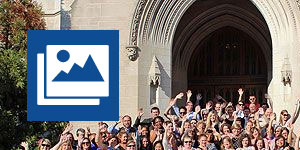- Login
- Home
- About the Initiative
-
Curricular Resources
- Topical Index of Curriculum Units
- View Topical Index of Curriculum Units
- Search Curricular Resources
- View Volumes of Curriculum Units from National Seminars
- Find Curriculum Units Written in Seminars Led by Yale Faculty
- Find Curriculum Units Written by Teachers in National Seminars
- Browse Curriculum Units Developed in Teachers Institutes
- On Common Ground
- Publications
- League of Institutes
- Video Programs
- Contact
Have a suggestion to improve this page?
To leave a general comment about our Web site, please click here
We Are Family: The Importance of Community through an Exploration of Johnathon Upper Elementary Schools
bySabrina EvansThis unit resounds the truth that, “Real change happens when the people who need it lead it.”1 It explores the need for students to critically think about issues of colorblindness, race, injustice and inequalities masked in neutrality. In addition, literature is one of the key elements of the exploration found in this unit. Utilizing the upper elementary and lower middle school level novel, Johnathon by Jo Ann Burroughs, students will dissect the text to explore areas of colorblindness and provide a new lens on equality. Johnathon is a young, African American boy who, despite all odds, succeeds in life due to his internal fortitude and ecological system. Johnathon’s two, of many, keys to success mirror the late 1964 Freedom School model. In Mississippi in 1964, a group of young professionals began Freedom Schools.2 Freedom Schools broke barriers of segregation, forced integration and reframed the educational model. Using the Freedom School model, the students will learn the power of community and unity and debunk the narratives of the savior complex and Black exceptionalism. This will allow the students to comprehend that Johnathon isn’t just the main character, he is us. Students will be able to have a connection to the community of Johnathon through various pedagogical approaches to recognize their own personal ecological systems. Through literature and the intriguing teachings and discussions during the 2020 Yale National Initiatives Seminar: Teaching about Race and Racism Across the Disciplines, we will dive into annotations, character development, inferring, context clues, the arts, and more with the use of history to instill critical thinking and develop counter-narratives. We will confront the dominant narratives of the savior complex, exceptionality, and individualism and instill the value of internal fortitude, inherit desire for achievement and accomplishments, unity, and community. This crafts an openness for discussions beyond the topic at hand and equips individuals to challenge the norm now rather than later.
(Developed for English Language Arts, grade 5; recommended for English Language Arts, grade 6, and History, grades 5-6)
1 Lowman, Sonia "Teach Us All." Netflix. September 25, 2017. Accessed July 13, 2020. https://www.netflix.com/watch/80198423?trackId=13752289&tctx=0,0,22858c3ae3682cef63baa606c558e6c0d6e1806c:3e2cc344c7ebb66336931485c04b20f949d0ebf8,22858c3ae3682cef63baa606c558e6c0d6e1806c:3e2cc344c7ebb66336931485c04b20f949d0ebf8.
This documentary displays the importance of teaching all students of color through the history of the Little Rock Nine.
2 Hoxworth, Laura. "Video: Jon Hale on Freedom Schools and Students as Political Activists." Curry School of Education and Human Development University of Virginia. March 25, 2019. Accessed July 13, 2020.
https://curry.virginia.edu/news/video-jon-hale-freedom-schools-and-students-political-activists.
This source helps to learn the history and pedagogy of Freedom Schools.




